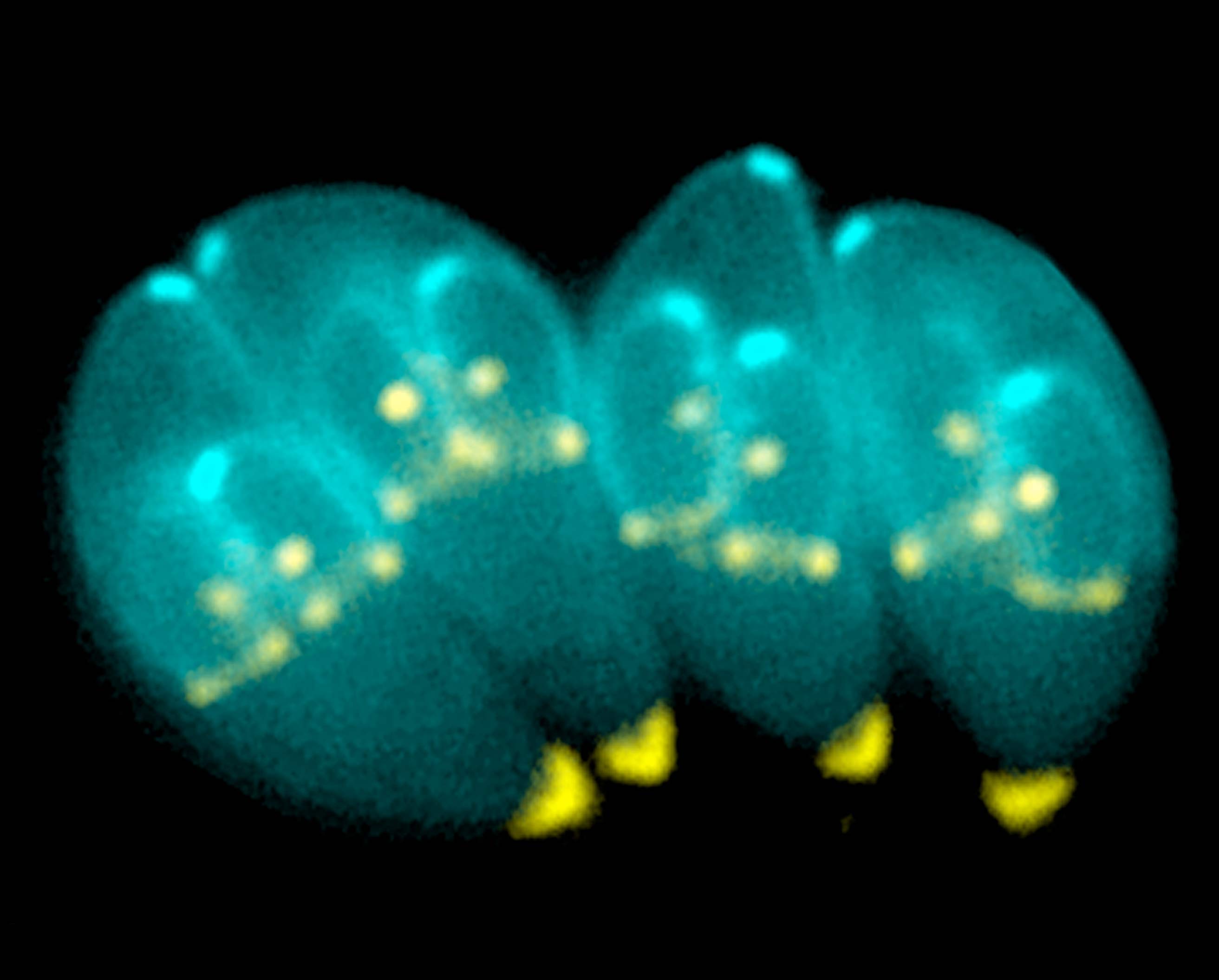Cat Parasite Linked to Suicide Attempts in Humans

Women infected with the cat parasite Toxoplasma gondii are more likely to attempt suicide than non-infected women, new research finds. The reason for this connection, however, remains mysterious.
T. gondii is a protozoa that prefers to infect cats, but can make its home in any warm-blooded animal. Humans can pick up the parasite from contact with cat feces, or by eating undercooked meat or unwashed vegetables. Once ingested, T. gondii can make a home for itself inside the brain and muscle tissues, protected inside cysts that are resistant to attacks by the host's immune system.
Some studies have linked infection by this parasite with a variety of mental health and brain problems, including schizophrenia, neurosis and brain cancer. But scientists aren't clear on whether the parasite contributes to these problems or is a mere side effect. Someone with schizophrenia, for example, might struggle to keep up good hygiene, meaning the mental disorder could increase the risk for infection. [Top 10 Diabolical & Disgusting Parasites]
The new study linking suicide and T. gondii has the same limitation. Researchers can't say for sure whether the parasite somehow drives people to suicide. But in women with infections, they found, the risk of an attempt is 1.5 times greater than in women without.
"We can't say with certainty that T. gondii caused the women to try to kill themselves, but we did find a predictive association between the infection and suicide attempts later in life that warrants additional studies," lead researcher Teodor Postolache, a psychiatrist at the University of Maryland School of Medicine, said in a statement. "We plan to continue our research into this possible connection."
A common infection
One-third of the world's population is infected with T. gondii, which is often asymptomatic. The parasite is the reason that pregnant women are advised not to change cat litter boxes — they can inadvertently pass an infection directly to their fetuses.
Sign up for the Live Science daily newsletter now
Get the world’s most fascinating discoveries delivered straight to your inbox.
In its usual animal hosts, T. gondii plays a literal cat-and-mouse game. Mice infected with the parasite lose their fear of the smell of cat urine. The parasite actually changes the brain so that the cat-pee smell becomes sexy to mice, prompting them to get close to their adversaries. This works out well for the parasite, which needs to get to a cat intestine to reproduce.
It's unclear whether the parasite's mind-control techniques have any effect on infected humans. Spurred by a couple of small studies of mentally ill patients that found links between suicide and T. gondii, Postolache and his colleagues put together a massive research project on 45,788 Danish women whose newborns had been screened for T. gondii antibodies between 1992 and 1995 (a positive result was a sure sign that mom was infected). About a quarter of the women had been infected at the time of delivery, the results revealed.
The researchers then combed through all of the women's later medical records for suicide attempts. They found a relatively small number, 517, had tried to kill themselves, with 78 of these women attempting violent methods such as guns, sharp instruments or jumping. Eighteen women in the sample succeeded at killing themselves, eight of whom had T. gondii infections.
A statistical analysis turned up a link between suicide attempts and parasite infection, such that an increasing number of T. gondii antibodies were linked with an increasing risk of attempts, especially violent attempts. When looking at just attempted suicides, researchers found women who were infected were 1.8 times more likely to attempt suicide by violent means than uninfected women.
The researchers were able to control for diagnoses of mental illness, meaning that infection was independently linked to suicide attempts, not just to mental health problems in general.
Suicide and parasites
More study will be needed to determine if the parasite somehow causes suicide attempts or self-harm, Postolache said.
"T. gondii infection is likely not a random event, and it is conceivable that the results could be alternatively explained by people with psychiatric disturbances having a higher risk of becoming T. gondii infected prior to contact with the health system," he said.
If the parasite is found to be a cause, the next mystery to unravel will be how, Postolache said. It could be that the parasite acts directly on the brain in a way that promotes mental illness. Or perhaps it triggers the immune system to attack the brain somehow. Either way, he said, infection by T. gondii isn't necessarily a mark of doom. For one thing, even with a 26 percent infection rate, the number of women in the study who attempted suicide was very small. For those who may be at risk, there may be treatments.
"If we can identify a causal relationship, we may be able to predict those at increased risk for attempting suicide and find ways to intervene," Postolache said.
Follow Stephanie Pappas on Twitter @sipappas or LiveScience @livescience. We're also on Facebook & Google+.

Stephanie Pappas is a contributing writer for Live Science, covering topics ranging from geoscience to archaeology to the human brain and behavior. She was previously a senior writer for Live Science but is now a freelancer based in Denver, Colorado, and regularly contributes to Scientific American and The Monitor, the monthly magazine of the American Psychological Association. Stephanie received a bachelor's degree in psychology from the University of South Carolina and a graduate certificate in science communication from the University of California, Santa Cruz.
Get a closer look at wildlife for less: This huge $60 saving on the Bushnell 10x42mm Trophy XLT binoculars — now down to their lowest-ever price at Adorama
Acer Aspire Vero 16 review: Admirably eco-conscious
Killer Australian fungus can gobble up widespread, pesticide-resistant armyworm from the inside










